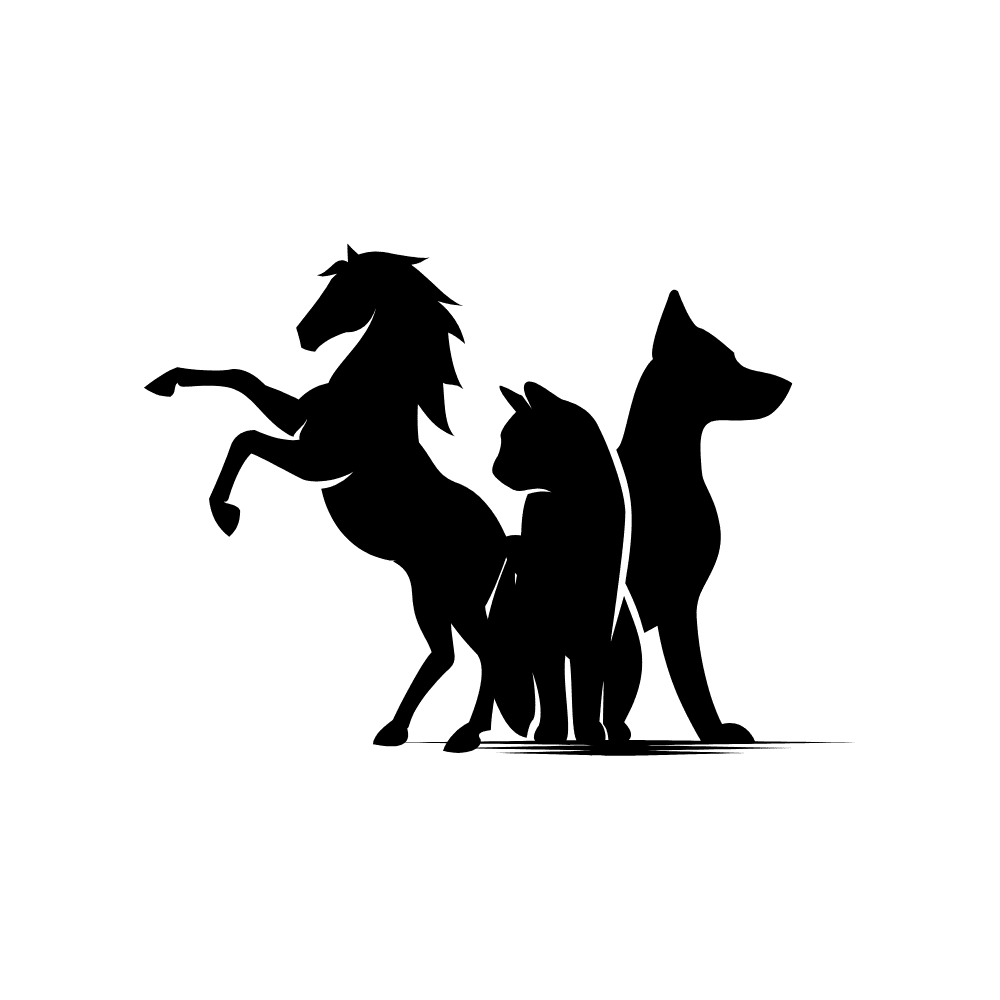When picturing a pit bull, most people imagine a muscular, short-haired dog with a broad head and a medium-to-large size. However, the term “pit bull” is actually an umbrella term used to describe several breeds commonly referred to as “bully breeds.” These breeds often face unfair discrimination due to their historical involvement in dogfighting. In reality, pit bull-type dogs are known for their playful and affectionate nature when raised properly. In this article, we will explore five common types of pit bull dogs and delve into their unique characteristics.
Breed Overview
| Breed | Height | Weight | Physical Characteristics |
|---|---|---|---|
| American Bully | 13 to 20 inches | 65 to 85 pounds | Compact, strong, thickset, and muscular; short and smooth coat |
| American Pit Bull Terrier | 17 to 20 inches | 30 to 65 pounds | Muscular build; short coat; available in various colors |
| American Staffordshire Terrier | 17 to 19 inches | 50 to 80 pounds | Short coat; variety of colors including black, brown, blue, and more |
| Staffordshire Bull Terrier | 14 to 16 inches | 24 to 38 pounds | Muscular build; available in various colors |
| American Bulldog | 20 to 28 inches | 60 to 120 pounds | Stocky build; deep chest; short muzzle; typically white with patches |
American Bully:

The American Bully is a relatively new breed that originated in the ’80s and ’90s. Although not recognized by the American Kennel Club (AKC), it was acknowledged by the United Kennel Club (UKC) in 2013. Compared to the American Pit Bull Terrier, the American Bully has a broader and more compact build, as well as a wider head. Responsible breeders have specifically developed this breed for its gentle and affectionate temperament. However, they still require regular exercise and socialization to keep them happy and healthy.
American Pit Bull Terrier:

The American Pit Bull Terrier, recognized by the UKC but not the AKC, traces its ancestry back to 19th-century terriers and bulldogs from the United Kingdom. Unfortunately, this breed has been commonly used in dogfighting. While some American Pit Bull Terriers may exhibit a high prey drive and be selective with other dogs, they are known for forming strong bonds with their families. Providing ample playtime, socialization, and exercise is crucial for this breed.
American Staffordshire Terrier:

Sharing a similar ancestry with the American Pit Bull Terrier, the American Staffordshire Terrier developed in late 19th-century North America. This breed tends to be larger than its English relatives and is known for its mellow temperament. While they may have a high prey drive and may not always get along with other dogs, they are loyal, playful, and good-natured with their families. An active household that can dedicate time to interaction, play, and exercise is ideal for this breed.
Staffordshire Bull Terrier:

Despite its historical involvement in dogfighting, the Staffordshire Bull Terrier is renowned for its unwavering loyalty and affection toward its family. These dogs often enjoy snuggling with their owners and are typically patient and gentle with children. They thrive in households where they have constant company as they can be prone to separation anxiety. While they may not always get along well with other dogs, they make excellent pets for active households that can fulfill their need for attention and exercise.
American Bulldog:

Descended from English bulldogs, American Bulldogs were initially developed in the 17th century for bull baiting, a now-banned blood sport. Over time, they transitioned into working dogs on farms and became friendly companions. American Bulldogs are known for their extreme affection toward their families and their affinity for sitting in laps despite their large size. However, they can be protective, requiring early training and socialization to ensure their friendliness toward outsiders.
FAQ:
Q: What breeds make a pit bull?
A: The term “pit bull” does not refer to a specific breed but encompasses several breeds and their mixes. Common breeds associated with pit bulls include American Bullys, American Pit Bull Terriers, American Staffordshire Terriers, Staffordshire Bull Terriers, and American Bulldogs. These breeds originated from the crossbreeding of terriers and bulldogs and have since been recognized as distinct breeds.
Q: How much does a pit bull dog cost?
A: The cost of a pit bull dog varies based on factors such as breed purity and lineage. Show-quality puppies from recognized breeds can range from $1,000 to $3,000. However, mixed-breed pit bulls are often available for adoption at shelters or rescue organizations for a nominal adoption fee.
Q: What size are pit bulls?
A: Pit bulls are medium to large-sized dogs, typically weighing between 30 to 90 pounds. With their solid, muscular builds and broad heads, they may appear larger than their actual size.
Q: How long do pit bulls live?
A: Pit bulls have an average lifespan of 12 to 14 years. Providing a balanced diet, regular exercise, routine veterinary check-ups, and affectionate care can help ensure their longevity.
Q: Are pit bulls dangerous?
A: Pit bulls have been unfairly stigmatized as dangerous due to their historical association with dogfighting. In reality, most pit bulls are loyal, affectionate, and make excellent household pets. However, it’s important to note that responsible ownership, proper socialization, and training play a crucial role in a pit bull’s behavior.
Q: Do pit bulls shed a lot?
A: While pit bulls have short hair, they do shed. However, their relatively coarse and short fur makes their shedding less noticeable compared to longer-haired breeds. Regular brushing with a suitable dog brush designed for short-haired breeds and occasional bathing with a gentle dog shampoo can help minimize shedding and maintain a clean environment.
Conclusion:
Pit bull-type dogs encompass various breeds, each with its unique characteristics and temperaments. Despite the unjust discrimination they often face, these dogs can be loving, loyal, and gentle when given proper care and training. Whether you’re considering an American Bully, American Pit Bull Terrier, American Staffordshire Terrier, Staffordshire Bull Terrier, or American Bulldog, responsible ownership, early training, and socialization are vital for nurturing their affectionate and playful nature. Remember to check your local legislation regarding ownership of pit bull-type dogs before bringing one into your home.



